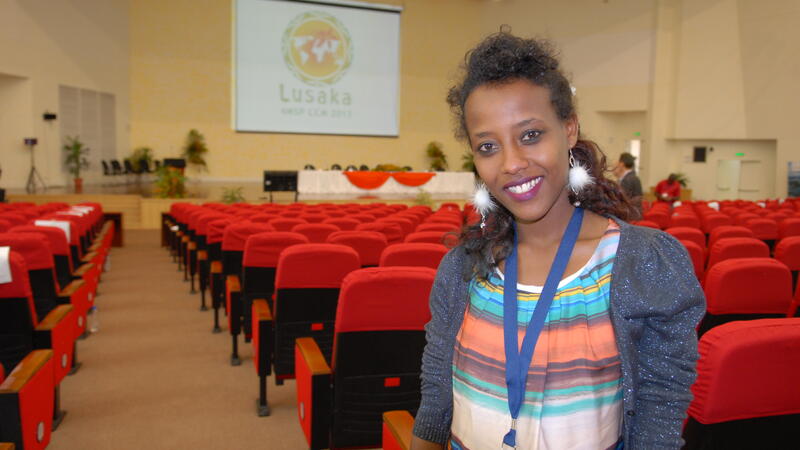The U.S. did not attend the Fourth Meeting of States Parties to the Convention on Cluster Munitions in Lusaka, Zambia on 9-13 September 2013. It was invited to participate as an observer, but it has never participated in a meeting of the convention.
Zambia's Minister of Foreign Affairs, Wylbur Simuusa, was elected to serve as president of the meeting, which was attended by representatives from 106 states including 30 observer delegations of non-signatories, as well as UN agencies, the ICRC, and the CMC. The meeting adopted a “Lusaka Progress Report” detailing the convention’s implementation and universalization since 2010 and agreed to establish an “implementation support unit” in Geneva to replace the ad hoc assistance that the UN Development Programme (UNDP) has provided since 2010 to support successive presidents of the Meetings of States Parties, as well as all States Parties.
Prior to the meeting, the Cluster Munition Coalition released its annual report, Cluster Munition Monitor 2013, detailing compliance with the Convention on Cluster Munitions. According to the report, a total of 112 states have signed or acceded, of which 83 are States Parties. There have been no confirmed reports or allegations of new use of cluster munitions by any State Party or signatory since the convention was adopted in May 2008. There has been significant progress in stockpile destruction under the convention with 1.03 million cluster munitions and 122.0 million submunitions destroyed by 22 States Parties including Denmark, France, Germany, Italy, and the United Kingdom.
